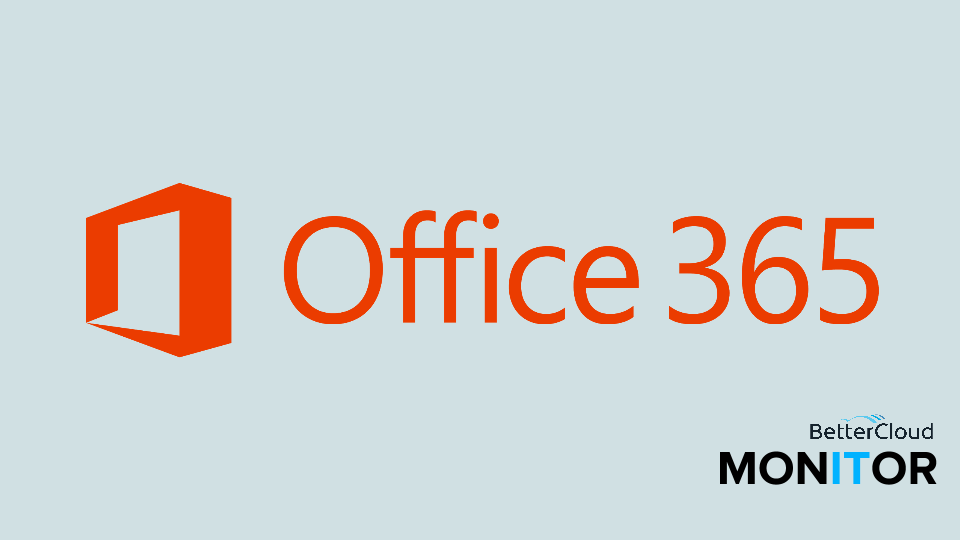3 Ways to Share Your Outlook Calendar With Others
3 minute read

In this post we’ll look at three ways to share your Outlook calendar with others via Outlook Online (AKA the Outlook Web App): with people in your organization, with people outside your organization, and with everyone. These methods will work for Office 365 user or other Exchange-based email users, but keep in mind that your account may be configured to not allow sharing or limit it to people within your organization. If you have questions, ask your IT admin or help desk.
Share your calendar with people within your organization
- From your calendar, select the SHARE button.
- Enter the name(s) or email address(es) of the person or persons you want to share your calendar with.
- From the drop-down menu that appears, choose how much information you want to share. According to Microsoft, full details show the time, subject, location, and other details of all items in your calendar. Limited details show the time, subject, and location, but no other information. Availability only shows the time of items on your calendar and no other details. An editor can edit your calendar. A delegate can edit your calendar, and can send and respond to meeting requests on your behalf. For more information about editor and delegate access, see Calendar Delegation in Outlook Web App.
- Optionally, edit the subject line of the invitation.
- If enabled and necessary, select which calendar you want to share. (Note that if you share a calendar other than your primary calendar, you can give permission only for full details or editor access.)
- Click Send.
Each recipient will receive an invitation with an option to add your calendar and share their calendar back. It also will include a URL that can be used to access the calendar. If they add your calendar, it will be displayed under People’s calendars on their calendar page.
Share your calendar with people outside your organization
- From your calendar, select the SHARE button.
- Enter the name(s) or email address(es) of the person or persons you want to share your calendar with.
- From the drop-down menu that appears, choose how much information you want to share. According to Microsoft, full details show the time, subject, location, and other details of all items in your calendar. Limited details show the time, subject, and location, but no other information. Availability only shows the time of items on your calendar and no other details.
- Optionally, edit the subject line of the invitation.
- If enabled and necessary, select which calendar you want to share.
- Click Send.
Each recipient will receive an invitation with a URL that can be used to access your calendar. If your organization and the organization of the person you’ve shared your calendar with are federated through Office 365 or Exchange, the invitation will include the options to add your calendar and share their calendar back, and they will see your shared calendar displayed under People’s calendars on their calendar page.
Share your calendar with everyone
- Right-click the calendar you want to share in the My calendars list and select Permissions.
- Under Outside organization -> Public calendar, select from the drop-down menu the level of access you want to give others.
- Select Save.
- Locate your public calendar URL by repeating step 1 and selecting View calendar under Outside organization -> Public calendar. The calendar will open as a webpage and you can copy the URL. To find the public URL to subscribe to your calendar, repeat step 1 and open the context menu for Subscribe to calendar under Outside organization -> Public calendar. From there, copy the URL that ends with the .ics extension. This link can be added to email clients for subscriptions.
Even when your coworkers share their calendars with you, scheduling can be challenging. Not all these sharing methods are available for all Office 365 accounts–sharing may be disabled altogether, or limited to people in your organization. Stay tuned for more sharing methods that can help make scheduling easier.






